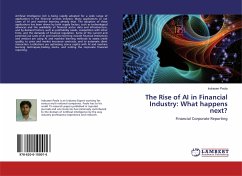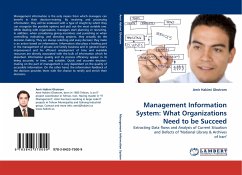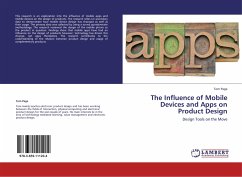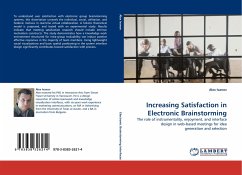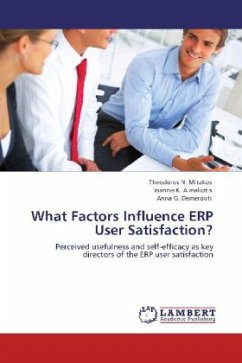
What Factors Influence ERP User Satisfaction?
Perceived usefulness and self-efficacy as key directors of the ERP user satisfaction
Versandkostenfrei!
Versandfertig in 6-10 Tagen
32,99 €
inkl. MwSt.

PAYBACK Punkte
16 °P sammeln!
This book tries to connect the successful implementation and operation of the ERP (Enterprise Resource Planning) information systems with people and their characteristics. It examines the human factors that influence ERP user satisfaction. The key findings that were found when analysing the data were that none of the human socio-demographic characteristics do influence ERP user satisfaction. In the current survey was found that perceived usefulness and self-efficacy are the key directors of the ERP user satisfaction. Users that intent to use the ERP system and feel that they are able enough to...
This book tries to connect the successful implementation and operation of the ERP (Enterprise Resource Planning) information systems with people and their characteristics. It examines the human factors that influence ERP user satisfaction. The key findings that were found when analysing the data were that none of the human socio-demographic characteristics do influence ERP user satisfaction. In the current survey was found that perceived usefulness and self-efficacy are the key directors of the ERP user satisfaction. Users that intent to use the ERP system and feel that they are able enough to correspond to whatever it will arise while using the ERP system, these users are the most satisfied. A discussion takes place about how the companies should handle this situation in order to develop the prerequisites for increasing the user satisfaction and the productivity accordingly. Such recommendations should be taking into account from top management in order for organizations to increase their human capital, increase the return on investment (that is made on ERP information systems) and gain competitive advantage.






